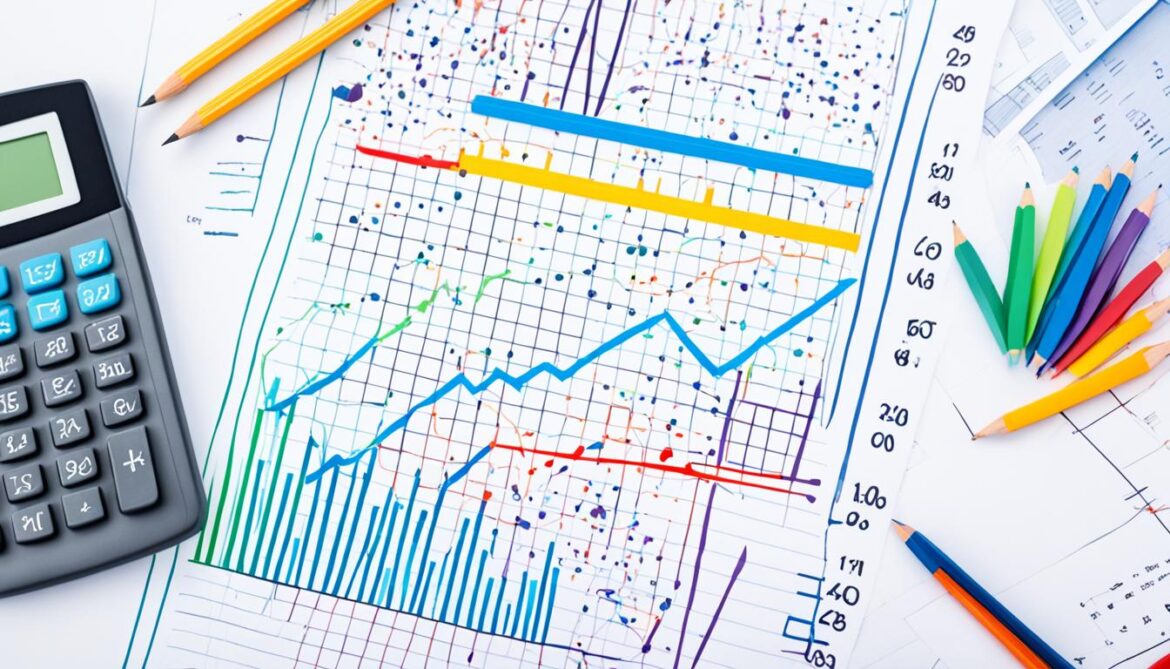Being a project manager, I know how important progress reports are. They help ensure a project’s success by tracking progress and solving issues. Yet, writing them can be hard. How do you make sure your progress reports work well? Here are some secret tips to help you make reports that really show progress: Have a clear purpose: Know why you’re writing the report and what you aim to achieve. Use the right medium: Pick the best way to share your report, like email, a document, or a tool. Follow a structured format: Organize your report with clear headings and subheadings for easy reading. Establish regularity: Plan when and how often to send your reports, keeping everyone in the loop. Keep it concise: Don’t overload with details. Focus on the main points and what stakeholders need to know. Include relevant information: Talk about achievements, challenges, and risks in your report. Share with the whole team: Give the report to everyone. It builds trust and teamwork. Provide feedback: Use the report to give praise and pointers to your team. Make it easy …
Tag:

